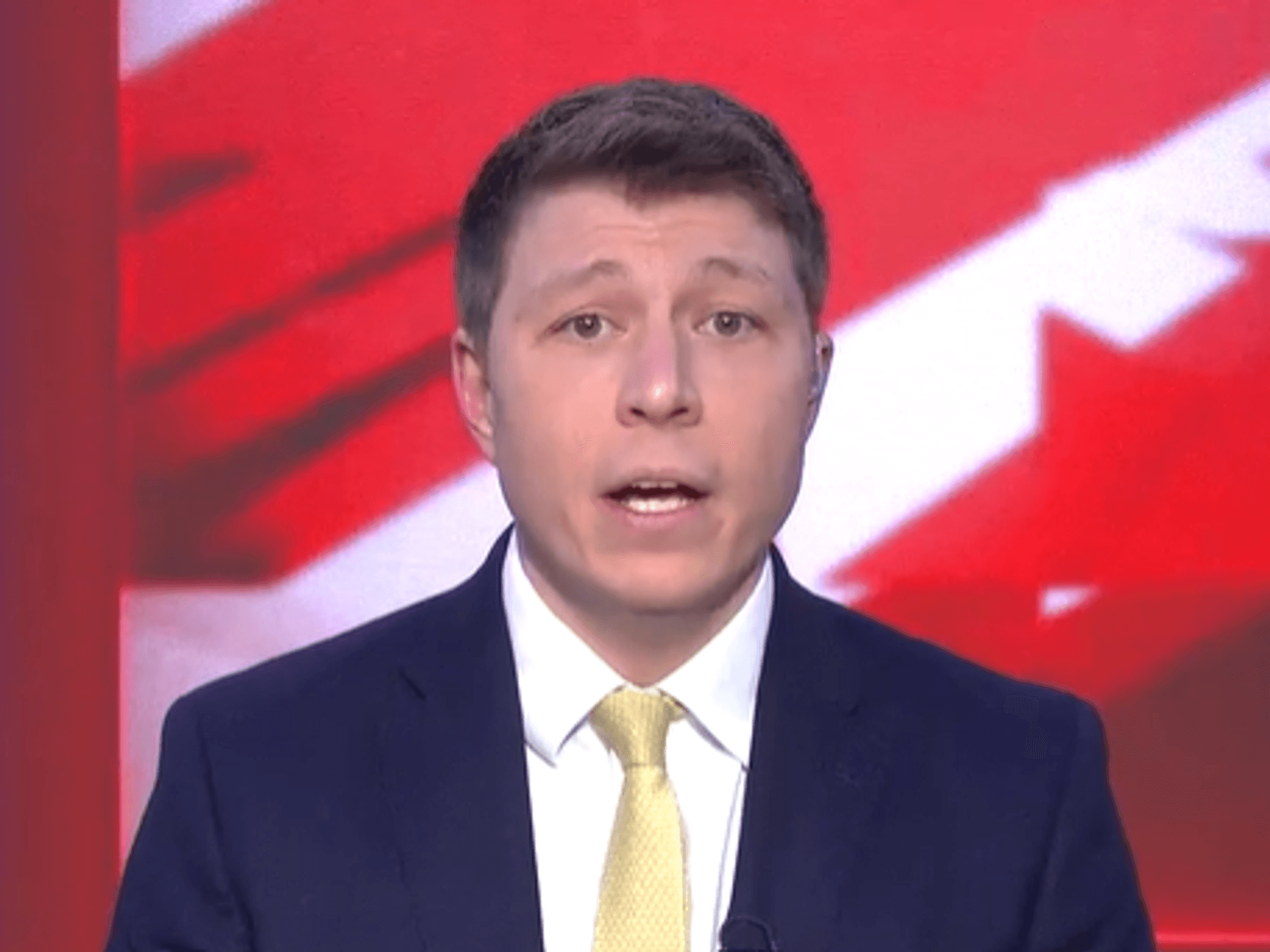Exact amount you need to be classed as 'wealthy' in the UK as only 25% of Britons think they'll get there

RAGE boils over plans to hold the wealthy accountable for climate crisis with frequent flyers levy |
GBNEWS

Current earnings, region, and age all influence how much money individuals say they would need to feel well off
Don't Miss
Most Read
Latest
Many Britons have a figure in mind for when they would finally feel wealthy, but most are nowhere near it.
New research shows just three per cent say they have reached that point today, even though a quarter believe they will in the future.
Britons believe they would need £3.1million before considering themselves wealthy, according to a study by AJ Bell, which also found more than a third think wealth means having over £1million.
Currently, only three per cent of people describe themselves as wealthy, though one in four remain optimistic about reaching that point in their lifetime.
Laith Khalaf, Head of Investment Analysis at AJ Bell, said: "The average Brit reckons they'd need just over £3 million to their name to feel wealthy, with over a third (34 per cent) believing it takes more than £1 million."
There is a clear generational gap in how people view their chances of becoming wealthy. More than half of Generation Z, which is 52 per cent of those aged 18 to 27, believe they will become wealthy in their lifetime.
Millennials show similar confidence, with 38 per cent expecting to achieve wealth. In contrast, only 7 per cent of people over the age of 55 think they will ever be wealthy.
"Interestingly, young people are incredibly confident they'll 'make it'," Khalaf noted. "There's clearly a gulf between dreams and reality, and building wealth is far harder than one may think."

There is a clear generational gap in how people view their chances of becoming wealthy
| GETTYThe research suggests that even with challenges such as the cost of living crisis and high house prices, younger generations still believe they will be better off in the future.
Location plays a big role in how much people think is needed to feel wealthy. People in London say they would need almost £6million to feel financially secure, while in Scotland the figure is £1.7million.
The lowest figure comes from Sheffield, where residents say just over £700,000 would be enough. This is less than an eighth of what Londoners believe is necessary.
High earners also set higher targets than average workers. Those earning more than £100,000 a year say they would need £12million to feel wealthy, compared to £1.8million for those earning less than £30,000.

The lowest figure comes from Sheffield, where residents say just over £700,000 would be enough
| GETTYAround half of people aged 18 to 34 expect to become wealthy, showing the optimism gap between younger and older generations.
The reality of British household finances is very different from these goals. Figures from the Office for National Statistics show that median household wealth is around £290,000, which is less than a tenth of the £3million target found in the research.
Even households at their financial peak, where the eldest person is aged between 65 and 74, have median wealth of £502,500, only one-sixth of the amount people believe is needed to feel wealthy.
The wealthiest 10 per cent of households hold about £1.2million, still well below the £3million benchmark. This highlights a clear gap between people’s financial ambitions and the wealth most households actually have.

To reach £1million, monthly savings of £298 would be needed with 8 per cent growth, while cash savers would need £843 a month
| GETTYFor those aiming to build wealth through investing, the research shows how much they might need to save. With an eight per cent annual return, a person would need to put away £894 a month for 40 years to reach £3million.
Using a lower-risk cash savings account paying four per cent interest would require much higher contributions of £2,529 a month to hit the same target.
To reach £1million, monthly savings of £298 would be needed with 8 per cent growth, while cash savers would need £843 a month.
"The benefits of compound interest can support in building wealth over the long term," Khalaf explained, highlighting how investment returns could make wealth accumulation more achievable than through traditional savings alone.
More From GB News










